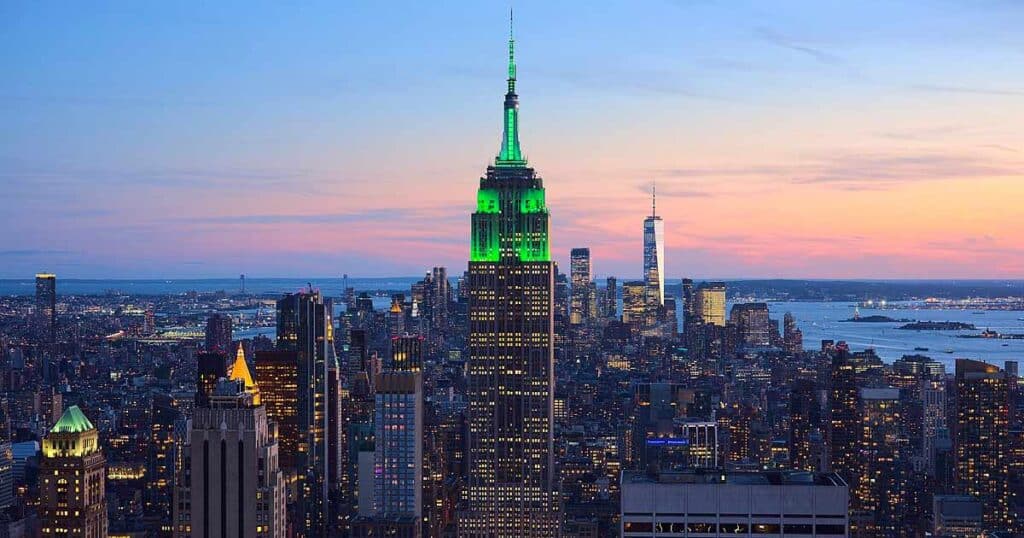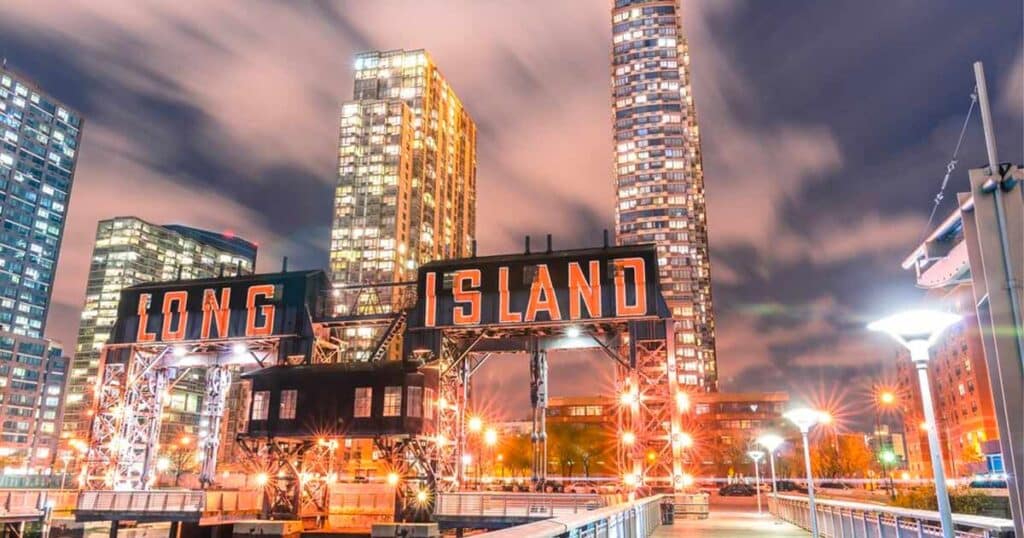Don’t be startled by the title! As with any project, logistics play a big part in the rollout and start-up phases. For residents of Long Island, the lack of available commercial space is forcing most urban areas to opt out of the cannabis retail market. Let’s look a little closer at the complexity of this issue.
To the east of New York, Nassau County, Suffolk County, Kings County, and Queens County are generally called Long Island. Despite the island’s unique name and unique cultural history, it forms part of the Queens Borough of New York City.
Billion Dollar Decision: Opt In Or Opt Out?
Projections for the growing and selling of hemp, cannabis, and marijuana are placing well over the ten billion dollar range. So, when New York legalized the growing and consumption of medical cannabis for the adult-use market and released guidelines for granting retail licenses to applicants, its various districts and counties were permitted to opt in or opt out.
According to the Rockefeller Institute, almost half of New York’s 1,520 municipalities have opted out of the adult-use retail market. But why is this when the potential for colossal revenue is already palpable, even destined? One obstacle is bureaucracy: licensing processes that take too long, overbearing government taxes, strict regulations on the number of plants allowed per grower, or the prior-existing cap on the number of dispensaries allowed in each district.
And then there is the second obstacle: the largely unresolved question of where to locate dispensaries. Long Island, New York, is a densely populated area: over seven and a half million people reside there (according to the last census). Regardless of the true nature of cannabis and marijuana or the specific health and risk-related information, it has become a matter of urban zoning and the restrictions placed on the use of commercial property.
And it’s not just an issue for the first group of applicants hoping to become licensed retailers in and around New York City. This issue will likely extend to the next group of applicants until the issue is adequately addressed. About ten percent – eleven of one hundred and eleven jurisdictions in Long Island specifically are effectively open for retailing cannabis bud and products through licensed dispensaries.

Local Decision-Making Is Going Back And Forth
According to the statistics, only five of Nassau County’s jurisdictions have opted in. In Suffolk, it’s eleven. Of the eleven, five have no commercial property space available. This little number is ominous: only five licensed dispensaries operate in New York, three in Manhattan.
This is the leading cause behind the news media reporting that marijuana sales are in decline. Business owners have reported downsizing staff, even those providing services to medical patients. Some businesses have been forced to close.
However, counties may opt back in by referendum. Citizens may appeal to their local lawmakers and government structures to re-engage with the retail licensing process. But the will to do this is low: understandably so. The restrictions are vague and unproductive, such as stipulating that a cannabis dispensary cannot be within five hundred feet of any community establishment. Or the one thousand-foot demarcation for the distance between two operational dispensaries.
If the county has less than twenty thousand people, the distance doubles. And what about Long Island, New York, where most of the buildings in the towns can be categorized as community establishments, and therefore restrict acceptable access to suitable locations?
There is also fear: schools, religious spaces, and even shopping malls have been mentioned as some of the venues that raise concerns over whether marijuana will be bought and sold in close proximity to them. The potential threat to children is seen as very real, especially for edibles, gummy-product makers, and retailers. Finding a “recreational dispensary near me” might not be a definite reality for many consumers who prefer to access their bud from a licensed grower or dispensary.
And It’s Not just Local Governance!
The federal government – particularly the Biden administration – has been notoriously slow in supporting local businesses with funding, and the banking industry has also been tentative about funding farmers and retail outlets. Illicit traders still operate, undercutting prices and wooing consumers away from the official marketplace.
But all is not completely lost. The rise and expansion of multistate operators have encouraged local lawmakers to develop funding initiatives, spearhead licensing reforms, and safeguard their own local industries by limiting the access of MSO giants to retail licensing organized by state programs. It is hoped that conditional retail licenses will open up the local marketplaces to smaller businesses.
There is actually more than hope in the air, and state senators from various states have taken an active role in creating meaningful change within their borders. We’ll have to wait patiently to see what developments and movements occur in the next year or two.
It is highly recommended that you stay close to the news on this topic! Keep up to date with this and other remarkable moments in the cannabis and marijuana industries in North America by subscribing to Beard Bros news and press releases.

Enjoyed that first hit? Come chill with us every week at the Friday Sesh for a freshly packed bowl of the week’s best cannabis news!
Most Popular News Posts
- With Deep Roots in Cali’s Cannabis Culture, Circle Labs of Marin County Delivers High Grade Hemp Derived CBD
- Nationwide Decline of THC Levels in Legal Weed Reveals a Tsunami of Boof on the Horizon
- How Meme Culture Has Helped Shape Cannabis Culture in California & Beyond
- The Great California Cannabis Tax Scam Revealed





